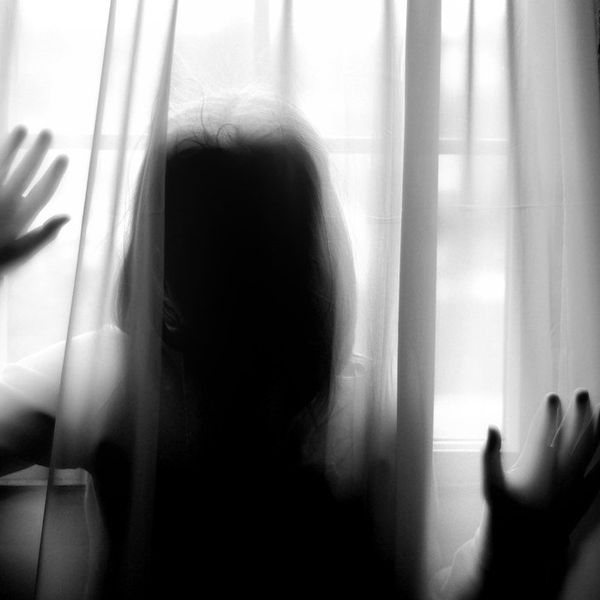The Dictionary.com definition of Depression says:
“3. Psychiatry: a condition of general of general emotional and withdrawal; sadness greater and more prolonged than that warranted by any objected reason.”
There are more than 3 million cases of depression every year in the United States, and sadly there are even more that have depression that go undiagnosed. Many parents brush off depression as their kids just being “hormonal”, “sad”, or “dramatic”. It is a common falsehood that all young people (or even older) get depressed and that it is just a normal part of growing up. Feeling sad or unhappy is a normal part of growing up and even a part of life. However, depression is more than just feeling down in the dumps. It’s feeling so out of place, so emotionally distraught that it starts to show up in places in you daily life. Depression is like the common cold- it can affect people at any age, and when noticed should be treated and helped.
Depression is more than “going through hardships”. If that were the case, one would be going through the same issues daily, with no avail to relieve those problems. Sure, problems and tough times can cause depression: loss of a loved one, a breakup, loss of job, and divorce. These can all contribute to depression, but for others it may be bullying, physical illness, loneliness, self-isolation etc. Some cases may have no obvious reason, but could be the result of other mental problems or chemical differences. Everyone deals with problems differently, for example, when one loses a family member, they may recover from that loss after a few weeks, while it may take someone else years or they may not recover at all.
Every teen likes to have some alone time, although there is a difference between private time and a noticeable change in behavior and attitude towards others and social standings. If you notice someone who use to take part in the things they love and they no longer take part in those activities, they may be suffering from depression and you may want to talk to them and/or suggest they see someone and get the help needed.
Depression can be treated two ways: using medications or non-medicinal. Mild and moderate depression is commonly treated with counseling while severe depression may be treated by seeing a psychiatrist that may prescribe antidepressants to help treat your depression.
People don’t choose to be depresses. I for one can vouch that it isn’t something that I would wish on my worst enemy. Those with depression didn’t ask for it so they could be sorry for themselves and ask for pity.
Sadly, sometimes one may not think they can get help, and will take their own life to stop their suffering and pain. If you think you know someone who needs help, or you yourself needs help, call the National Suicide Prevention Lifeline at 1-800-2738255 or Your Life Your Voice at 1-800-448-3000. Both of these lines are completely free and available 24/7. These are professionals who not only will talk to you about whatever you would like to talk about, but real life people who care and want to help you get the help you need.





















